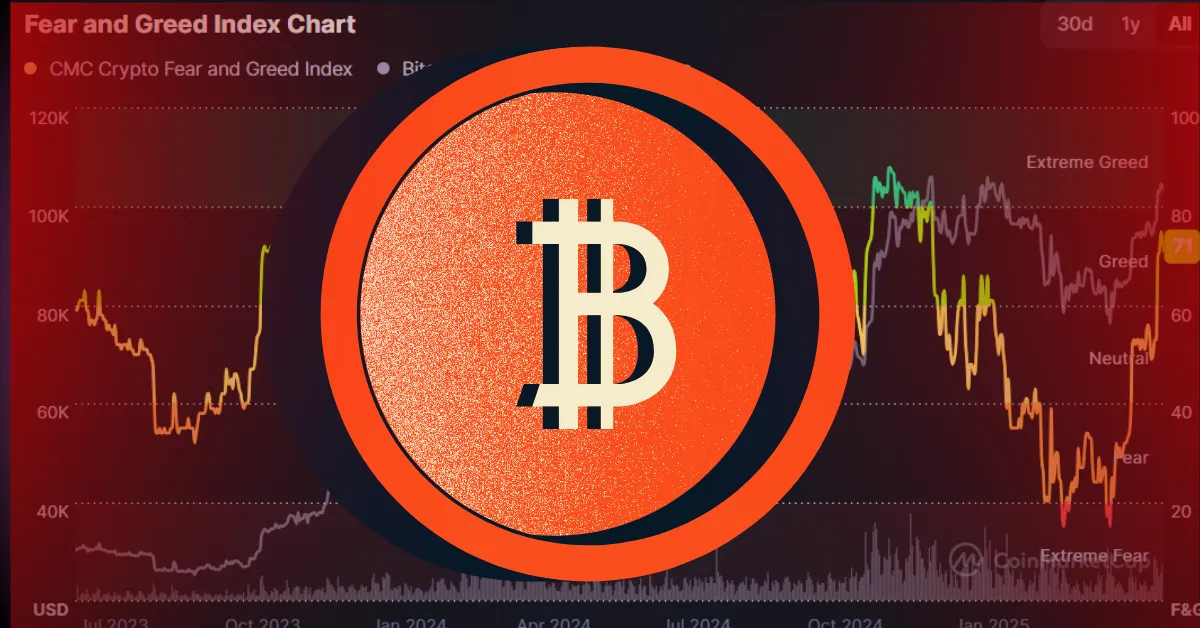
A 70% tariff is on the table. President Donald Trump has issued a stern warning: if U.S. trading partners don’t finalize new trade agreements by July 9, they could face tariffs of up to 70% on imports starting August 1.
This bold move under Trump’s “America First” policy has already started rattling global markets—and could soon ripple into the crypto space.
Trump made it clear—no country will get an extra day beyond the July 9 deadline to strike new trade deals. Currently, a temporary 10% tariff is in place for most partners, but failure to strike a deal could raise that figure to as high as 70%.
Some countries have already managed to avoid the tariff hike:
But others are still negotiating, or worse—on the verge of missing the deadline.
With less than a week left, the clock is ticking fast.
The U.S. government is reportedly sending official letters to at least 12 nations, detailing the exact tariff rates they will face if no agreement is reached. Countries like South Korea, Indonesia, and the EU are racing to finalize deals before July 9.
Markets are already showing signs of pressure:
Analysts warn that fears of a global trade war are pushing investors toward safer assets.
If new tariffs spark global economic uncertainty, risk assets like crypto may initially dip. But in the medium to long term, crypto could benefit:
While Trump’s tariff threat may jolt markets in the short term, it could fuel crypto’s growth as a decentralized alternative to traditional finance.
The likelihood of a global trade war is heightened by Trump’s ultimatum. If tariffs escalate, it could lead to reduced global trade volumes, increased costs for consumers and businesses, and slower economic growth worldwide. Such a scenario disrupts supply chains, can fuel inflation, and might shift global alliances, potentially reducing global GDP.
In the short term, tariffs are likely to cause market volatility and uncertainty, leading investors to pull back from perceived high-risk assets like cryptocurrencies, potentially causing price dips. However, in the medium to long term, if trade wars lead to inflation or currency devaluation, crypto (especially Bitcoin) could be seen as a hedge, attracting investors and potentially driving adoption and price appreciation.
Despite Trump’s pro-crypto stance, which includes appointing crypto-friendly regulators and establishing a U.S. Bitcoin reserve, tariffs can still cause crypto market volatility. While his policies aim to legitimize and boost crypto, the immediate economic uncertainty from trade disputes often outweighs this, leading to short-term price drops as investors become risk-averse.
CoinPedia has been delivering accurate and timely cryptocurrency and blockchain updates since 2017. All content is created by our expert panel of analysts and journalists, following strict Editorial Guidelines based on E-E-A-T (Experience, Expertise, Authoritativeness, Trustworthiness). Every article is fact-checked against reputable sources to ensure accuracy, transparency, and reliability. Our review policy guarantees unbiased evaluations when recommending exchanges, platforms, or tools. We strive to provide timely updates about everything crypto & blockchain, right from startups to industry majors.
All opinions and insights shared represent the author's own views on current market conditions. Please do your own research before making investment decisions. Neither the writer nor the publication assumes responsibility for your financial choices.
Sponsored content and affiliate links may appear on our site. Advertisements are marked clearly, and our editorial content remains entirely independent from our ad partners.
Ethereum (ETH) price has been attempting to rally beyond $4k without success in the past…
Chainlink (LINK) price has signaled macro bullish continuation after rebounding from a crucial support level…
XRP price has signaled midterm strength as Bitcoin (BTC) rebounded above $110k on Monday. The…
Evernorth Holdings Inc., a new XRP-focused financial firm, has announced plans to go public through…
The XRP community is abuzz after Ripple strategist Max Avery reaffirmed that the XRP Ledger…
Big investors who sold Cardano (ADA) before its 70% plunge from all-time highs have turned…